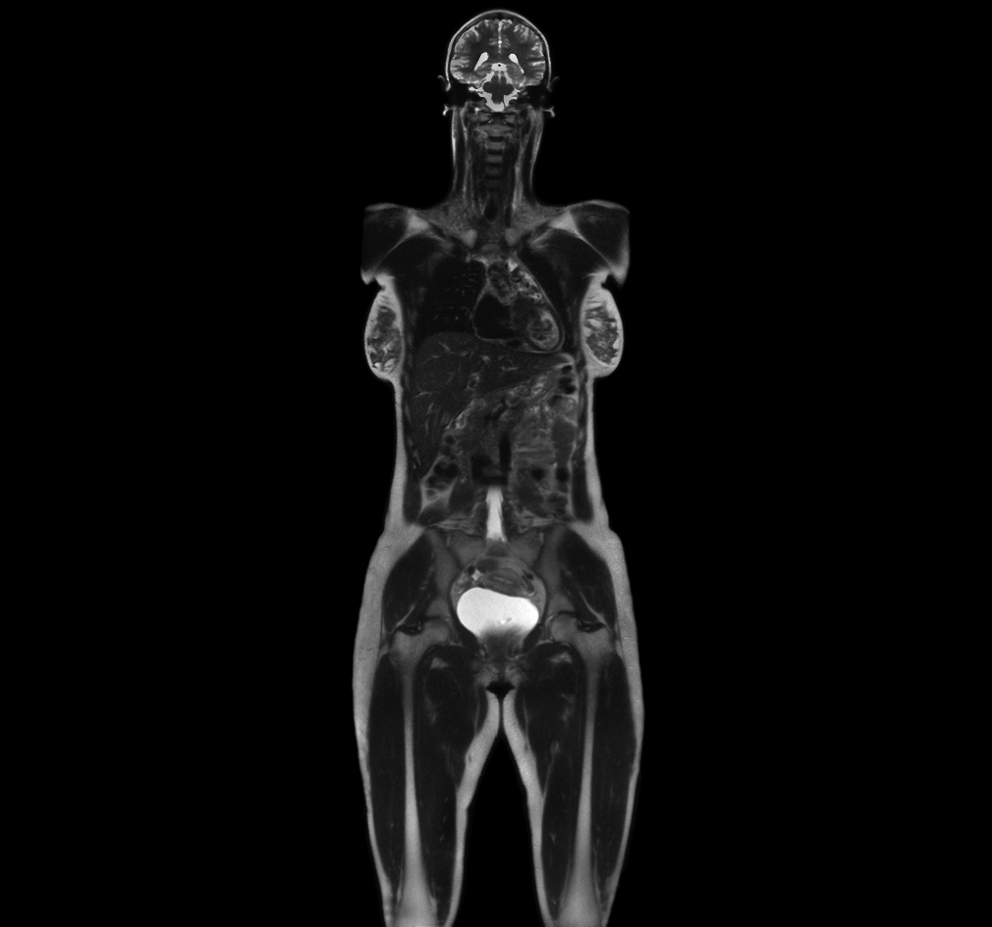Researchers warn against ionizing radiation imaging in children
AIM’s full body MRI scan is one hundred per cent free of ionizing radiation. Compare that to a CT scan which exposes the patient to radiation equivalent to 70 X-Rays. Yet, CT is still a common imaging modality in public hospitals.
Children are particularly susceptible to ionizing radiation; in fact, childhood exposure to CT scans is linked to increased cancer risk. A new study published this week in the Journal of the American College of Radiology, entitled Ionizing Radiation Use and Cancer Predisposition Syndromes in Children, does great work raising the alarm about the potential dangers of heretofore common imaging procedures. 
“Knowledge of specific syndromes associated with cancer may not be as important as understanding that the occurrence of cancer in children and young adults may be associated with increased risk for a second or multiple cancers and may be related to a genetic mutation associated with increased risk due to ionizing radiation,” wrote the authors of the study, Drs. Janet Reid and Lisa States, of the radiology department at the Children’s Hospital of Philadelphia.
The new report says: “…the radiologist is charged with practicing patient-centred radiology at every point in his or her disease course, including screening, diagnosis, response to therapy, and surveillance. Every radiologist providing consultation and imaging recommendations should have sound knowledge of radiation sensitivity and be prepared to weigh the risks and the benefits in formulating an imaging plan.”
These findings echo what AIM’s medical director, Dr. Attariwala, has been saying for years: “Treat patients the way you want to be treated when you are a patient.” Dr. Attariwala has been championing non-ionizing radiation for years now, publishing a paper in the Journal of Magnetic Resonance Imaging in 2013.

